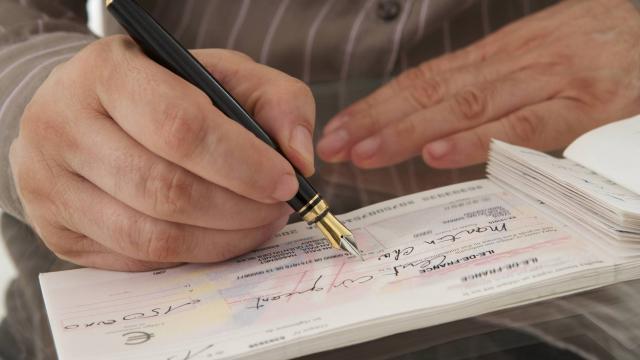ENERGY SAVINGS: In gymnasiums and sports centres, “86% of buildings have reduced the temperature by at least 2 degrees”
To save energy, 70% of the pools have lowered the temperature “by at least 1 degree”, detailed this Wednesday by the Ministry of Sports in a progress report. Reviewing the forty recommendations of the sports component of the energy sobriety plan, the Ministry of Sports and that of Energy Transition also specified, in a press release, that 33% of swimming pools had “modulated and/optimized their days and periods of ‘opening “.
The question had arisen before the start of the school year in September 2022 because swimming pools are very energy-intensive equipment. Some had already decided to lower the thermostat or reduce their time slots. A company had abruptly shut down around 30 establishments claiming that it could no longer pay energy bills and had reopened them three weeks later.
Rethinking pro club travel
As for gymnasiums and private rooms, “86% of the buildings reduced the temperature by at least 2 degrees”. “Among the 47% of professional football clubs using underfloor heating for lawns, 80% have reduced their consumption,” adds the ministry. Still on the lawns, “of the 55% of professional football clubs using lawn light therapy, 42% have reduced their consumption beyond their initial commitment”.
Regarding lighting, “99% of professional football and rugby matches complied with the measure aimed at reducing pre-match and post-match lighting by nearly 50% for daytime professional matches, and 30% at night, ”said the ministry which brought together the actors around this subject the day before. The working group on professional club travel, which brings together professional sports players and transport operators, will make proposals for “avenues of reflection” and “concrete solutions to reduce greenhouse gas emissions linked to club travel.




